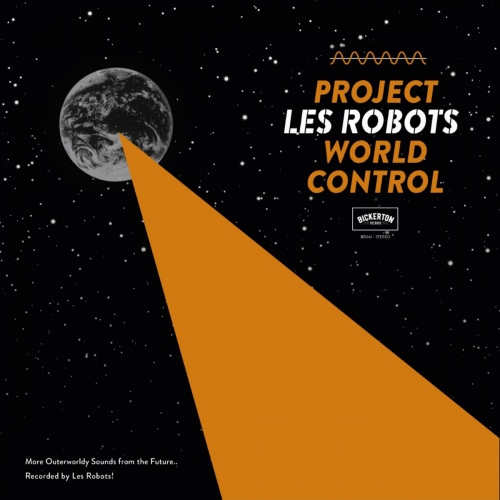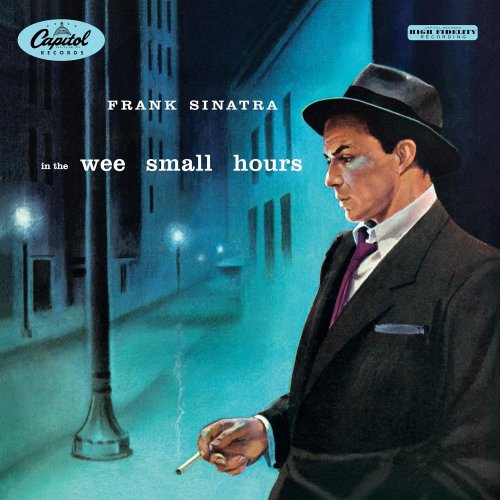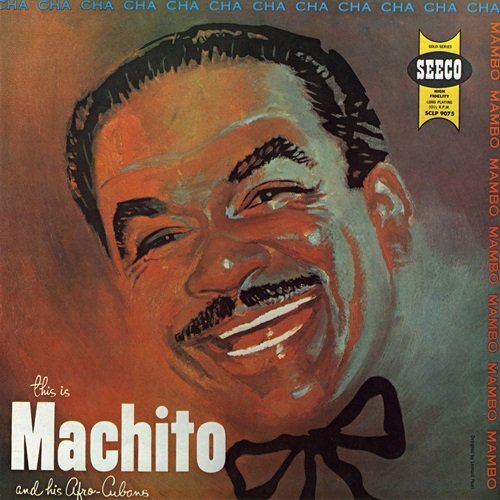Charlie Sayles - Night Ain't Right (1990) Lossless
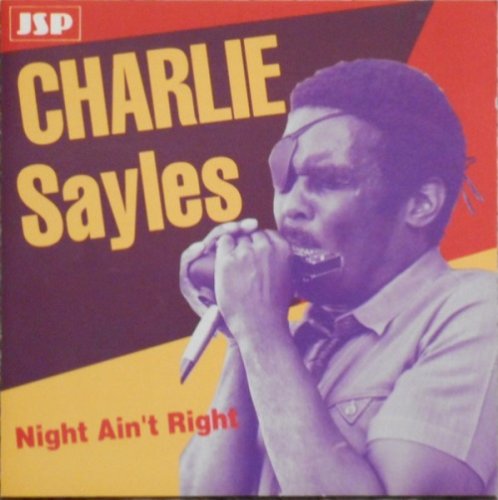
Artist: Charlie Sayles
Title: Night Ain't Right
Year Of Release: 1990
Label: JSP Records
Genre: Blues, Modern Electric Blues, Harmonica Blues
Quality: Flac (tracks, .cue, log)
Total Time: 49:30
Total Size: 317 Mb (scans)
WebSite: Album Preview
Tracklist:Title: Night Ain't Right
Year Of Release: 1990
Label: JSP Records
Genre: Blues, Modern Electric Blues, Harmonica Blues
Quality: Flac (tracks, .cue, log)
Total Time: 49:30
Total Size: 317 Mb (scans)
WebSite: Album Preview
1. Night Ain't Right
2. Eli
3. Small Room
4. Down & Out
5. Thereґs A Woman
6. Automobile
7. Kick Your Shoes Off
8. Lamp Post
9. Chromatic Blues
10. Bill Monroe
11. Headinґ Downtown
12. South of The Border
13. People
Although life hasn't been easy for Sayles, he seems to have come through the traumas OK. They started in his childhood, when he was shifted from his broken home to a long procession of foster homes. He ended up joining the Army in the late '60s and was promptly shipped to South Vietnam. His tour of duty ended in 1971, and he came back to Massachusetts for a time. Sayles picked up the blues harp while he was in Vietnam, and made a slow adjustment back to civilized society upon his return from three years in the infantry. He discovered the music of Sonny Boy Williamson (Rice Miller) after he returned home, and learned all he could from those recordings. Sayles began to make trips to New York City, Atlanta, St. Louis, and other cities, playing on the streets for tips from passersby in 1974 and for several years thereafter. He worked when he needed money as a day laborer. He hasn't had a real day job since then, patiently plying his craft in clubs, on street corners and more recently, at blues festivals.
What shows in Sayles' playing are the long periods of time he spent honing his craft on the streets and in subway stations. His approach as a solo artist was to get as full and band-like a sound as he could with his harp. It appears to have paid off, because Sayles is unlike other harp players; his playing is full of extended phrasing and super-quick changes in register. Sayles uses the harmonica as a melodic device while coaxing sharp, almost percussive sounds from it as well.
Sayles began to develop his songwriting voice in the mid-'70s, and his debut for the JSP label is far from a straight-ahead blues album. On his second JSP release, Sayles artfully blends funky, gritty urban blues sounds with original, down-to-earth lyrics, successfully avoiding a lot of blues clichés.
Perhaps his first big break was being "discovered" by Ralph Rinzler, an organizer for the Smithsonian Festival of American Folklife. Rinzler paired Sayles up with Pete Seeger, and after a variety of festival appearances, Sayles ended up moving to Washington, D.C. By the early '80s, while living in Washington, Sayles had begun to form his first bands.
Sayles' first record, Raw Harmonica Blues, was issued in 1976, long before blues became fashionable, on the Dusty Road label. Sayles didn't record again for 15 years, when he got picked up by JSP Records. I Got Something to Say has some prominent guests on it, including Washington's most celebrated blues guitar player, Bobby Parker. Also performing on the record is guitarist Deborah Coleman. Hip Guy was released in 2000. Each of Sayles' JSP recordings are well-worth seeking out, even at import prices, because of his original take on blues music. Sayles would be the first to tell you that he's not a straight-ahead Chicago blues player. He takes a much more mongrelized approach to the music, mixing in elements of New Orleans funk, Chicago blues and rock & roll in his playing. ~ Richard Skelly
What shows in Sayles' playing are the long periods of time he spent honing his craft on the streets and in subway stations. His approach as a solo artist was to get as full and band-like a sound as he could with his harp. It appears to have paid off, because Sayles is unlike other harp players; his playing is full of extended phrasing and super-quick changes in register. Sayles uses the harmonica as a melodic device while coaxing sharp, almost percussive sounds from it as well.
Sayles began to develop his songwriting voice in the mid-'70s, and his debut for the JSP label is far from a straight-ahead blues album. On his second JSP release, Sayles artfully blends funky, gritty urban blues sounds with original, down-to-earth lyrics, successfully avoiding a lot of blues clichés.
Perhaps his first big break was being "discovered" by Ralph Rinzler, an organizer for the Smithsonian Festival of American Folklife. Rinzler paired Sayles up with Pete Seeger, and after a variety of festival appearances, Sayles ended up moving to Washington, D.C. By the early '80s, while living in Washington, Sayles had begun to form his first bands.
Sayles' first record, Raw Harmonica Blues, was issued in 1976, long before blues became fashionable, on the Dusty Road label. Sayles didn't record again for 15 years, when he got picked up by JSP Records. I Got Something to Say has some prominent guests on it, including Washington's most celebrated blues guitar player, Bobby Parker. Also performing on the record is guitarist Deborah Coleman. Hip Guy was released in 2000. Each of Sayles' JSP recordings are well-worth seeking out, even at import prices, because of his original take on blues music. Sayles would be the first to tell you that he's not a straight-ahead Chicago blues player. He takes a much more mongrelized approach to the music, mixing in elements of New Orleans funk, Chicago blues and rock & roll in his playing. ~ Richard Skelly
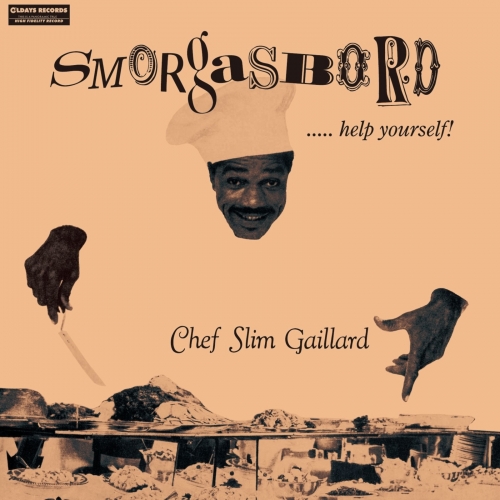
![Robert Lucaciu - FALLEN CROONER (2026) [Hi-Res] Robert Lucaciu - FALLEN CROONER (2026) [Hi-Res]](https://www.dibpic.com/uploads/posts/2026-02/1770896672_rzrlbctp6z9sb_600.jpg)
![Ravi Ramsahye PROTOTYPE - Sunglint (2026) [Hi-Res] Ravi Ramsahye PROTOTYPE - Sunglint (2026) [Hi-Res]](https://www.dibpic.com/uploads/posts/2026-02/1770729667_folder.jpg)
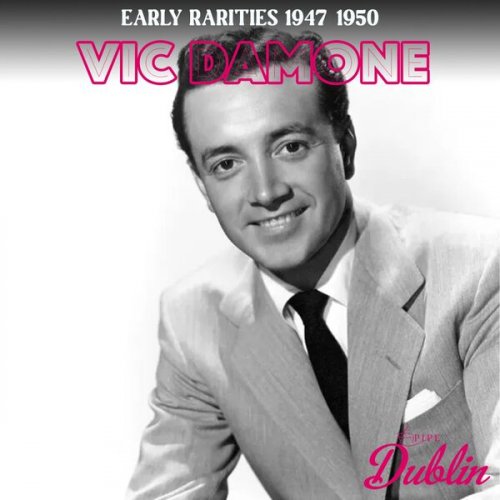
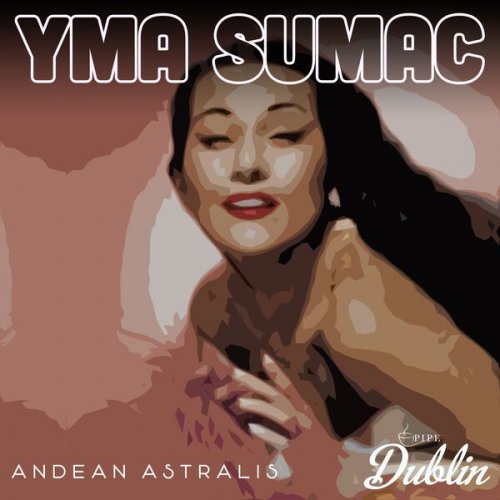
![Miles Davis - Kind Of Blue (1959) [2022 DSD256] Miles Davis - Kind Of Blue (1959) [2022 DSD256]](https://www.dibpic.com/uploads/posts/2026-02/1770649861_front.jpg)
